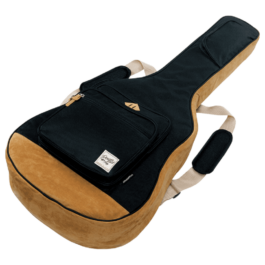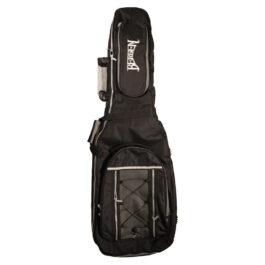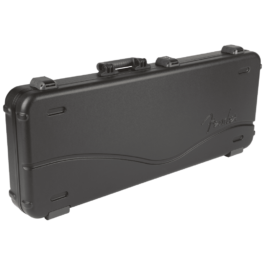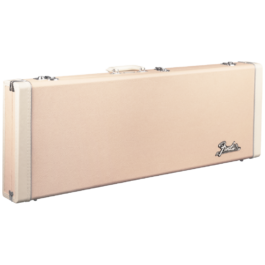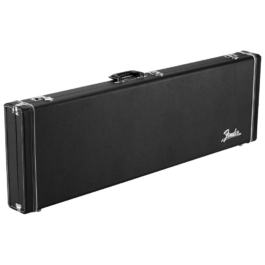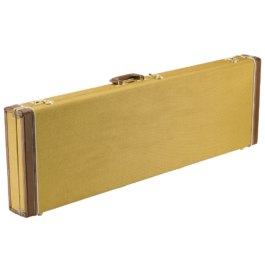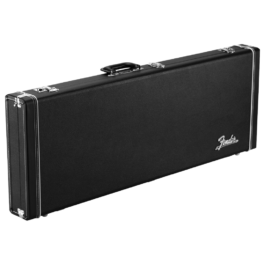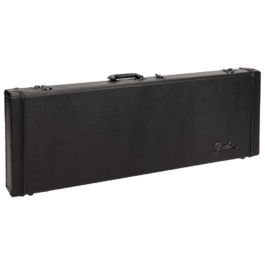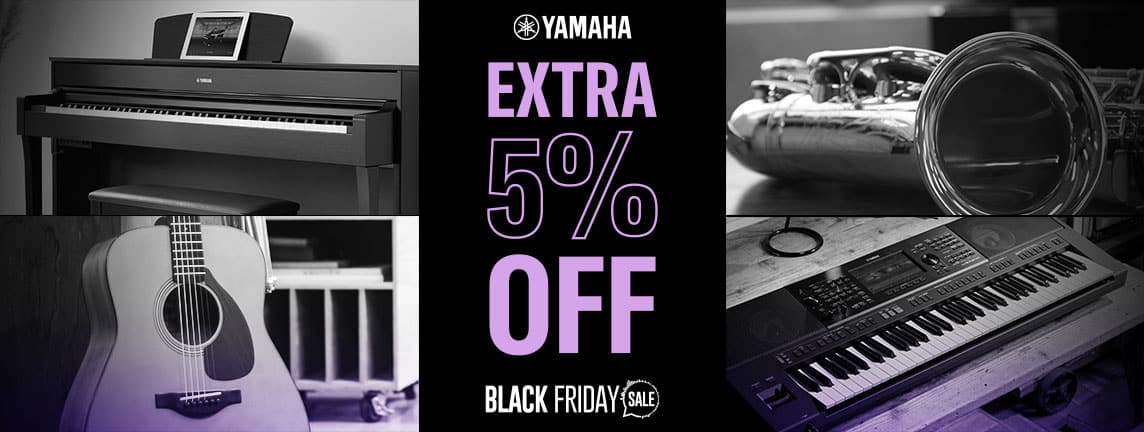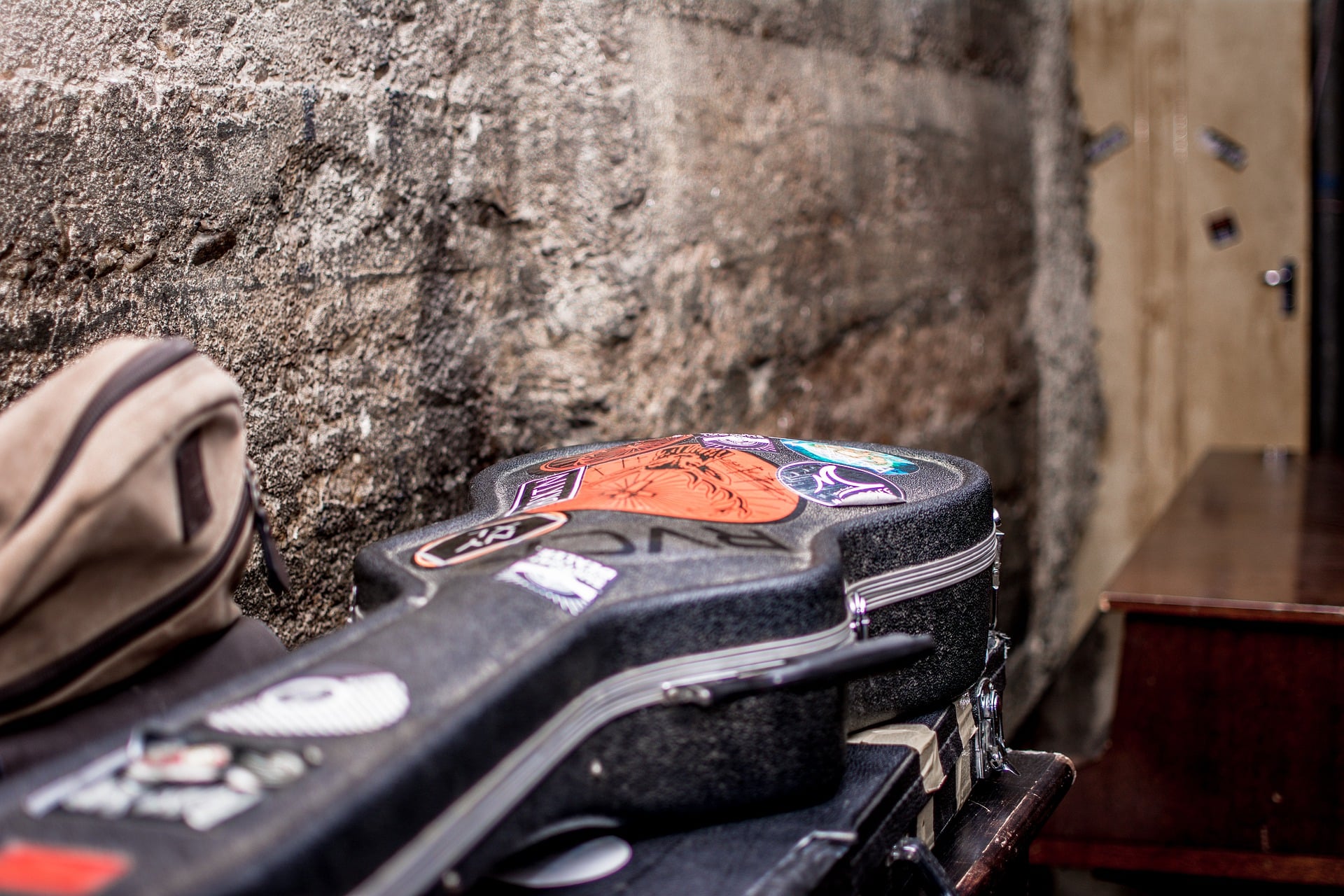
Guitars and basses are investments, and in some cases (pun not intended) the tool of the trade. Of course, this makes them well worth protecting. Whether you’re transporting your instruments regularly, or just storing them at home, a quality hard case or gig bag is always a wise investment.
The question, though, is which one is right for you? Will a gig bag suffice, or is a hard case necessary? And to go even further, should the gig bag be padded, or what kind of hard case should it be? There are practically countless options and variations on offer, and it can be difficult to decipher which option will suit your individual needs.
We’re going to go through some of the most common variations of gig bags and hard cases, and break down their pro’s and con’s along the way. Hopefully this will arm you with the knowledge you need to make the decision for yourself.
The Pro's and Con's of Gig Bags

Gig Bags are essentially a shaped bag that fits your guitar or bass. Often including backpack straps, gig bags are undoubtedly the easiest way to carry your instrument.
Not all gig bags are made the same, though. Some include heavy padding, or extra storage pouches, while others are very simple, and offer little padding.
When are gig bags the right option?
If you’re just looking to store your instrument at home in a dust-free environment, an unpadded gig bag can be a practical and affordable solution, but if you plan on travelling regularly in cars, busses of trains, a gig bag with some robust padding will always be a good idea.
When are gig bags the wrong option?
The most obvious point at which gig bags fall short is with heavy travelling such as touring or flying. The reality is the odd bump or even drop is inevitable, especially if you’re going to be checking your instrument in to an airplane baggage hold. It’s at this point that it would be wise to consider trading practicality for security, and looking at a hard case.
The Pro's and Con's of Hard Cases
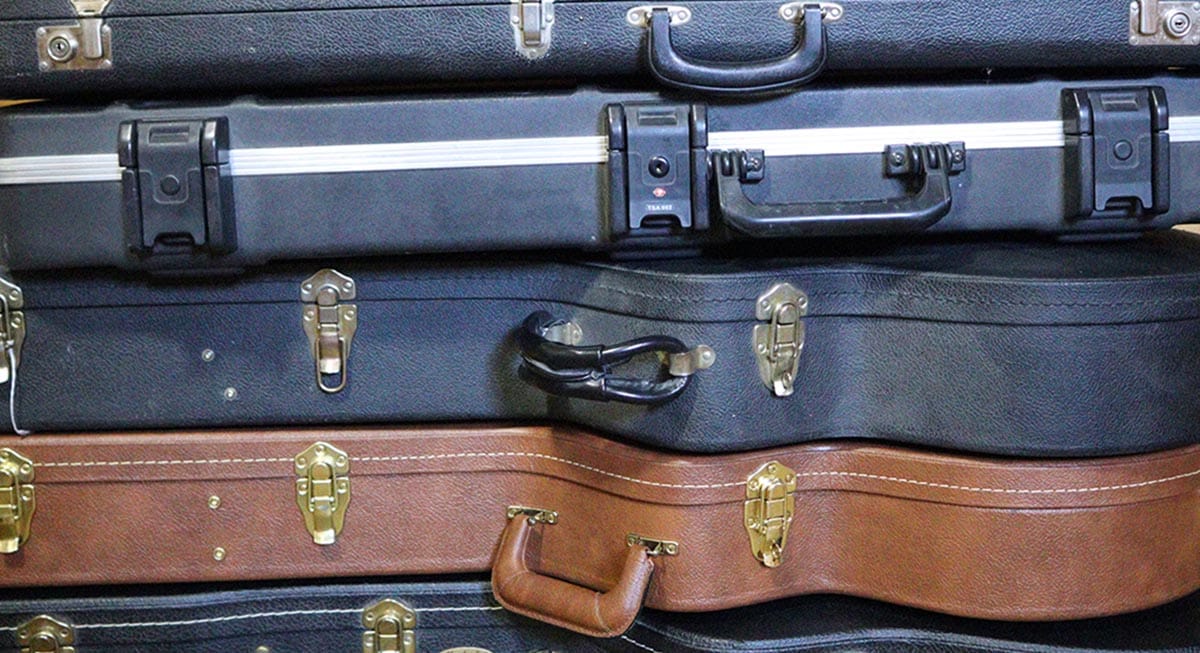
Hard cases also comes in many shapes and forms. From rectangular cases constructed from wood, to molded plastic. Much like their gig bag counterparts, the use cases in different scenarios is not equal.
When is a hard case the right option?
As we mentioned before, a hard case becomes a consideration when you’re doing a large amount of travelling. But not all travelling is going to take the same toll on your case. If you’re travelling around the country from venue to venue in a car or van, the chances of bumps and scratches is high, but the probability of a drop is relatively low, so a wooden case would suffice just fine.
If you’re flying from one gig to another, and potentially even flying internationally with your instrument, the uncertainty of airline baggage handlers comes into play, and it becomes a wise decision to invest in a molded plastic case with TSA locks (that airport security can open without destroying your latches).
When is a hard case the wrong option?
While they do offer the greatest protection, hard cases are not always the most practical to carry around. If you’re walking a long distance with your instrument, or are travelling with a lot of gear, it shouldn’t be underestimated how cumbersome a hard case can become.
The Hybrid Solution
As with many things, the best option is often somewhere in between. Having a quality hard case at the ready for longer trips and more intense travelling, and using a gig bag for easier day-to-day trips is an investment that, in the long run, will save both your instrument and your back.
Shop guitar cases and gig bags today...
-
- Out of Stock
- Guitar & Bass, Guitar Accessories, Guitar Bags & Cases
Ibanez IAB541 POWERPAD® Designer Collection Acoustic Guitar Gig Bag – Black
-
R1,399R980FREE DELIVERY - Select options
-
-
Birthday Sale Deal!
- Guitar & Bass, Guitar Accessories, Guitar Bags & Cases
Bergen Deluxe Bass Guitar Bag
-
R1,495R1,045FREE DELIVERY - Select options
-
Birthday Sale Deal!
- Guitar & Bass, Guitar Accessories, Guitar Bags & Cases
Fender Deluxe Molded Strat®/Tele® Case – Black
-
R9,395R7,985FREE DELIVERY - Select options
-
Birthday Sale Deal!
-
Birthday Sale Deal!
-
Birthday Sale Deal!
-
Birthday Sale Deal!
- Guitar & Bass, Guitar Accessories, Guitar Bags & Cases
Fender Classic Series Wood Case for Jazzmaster / Jaguar – Black
-
R8,495R7,220FREE DELIVERY - Select options
-
Birthday Sale Deal!


